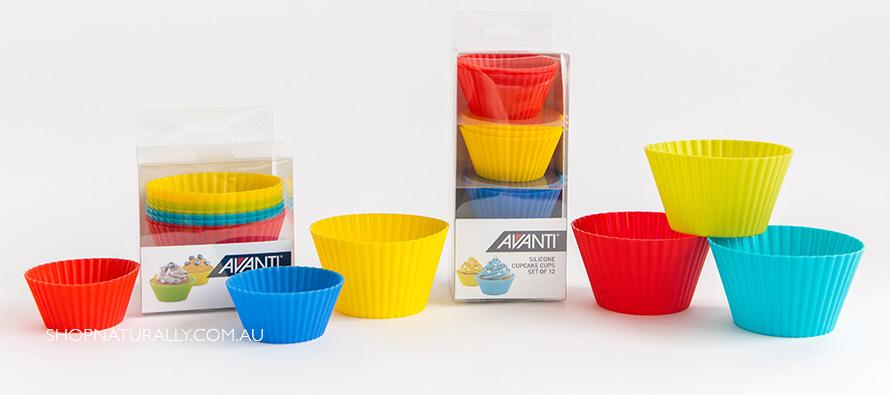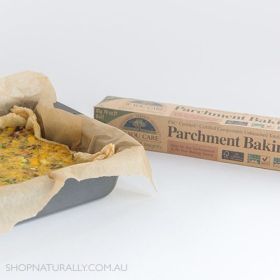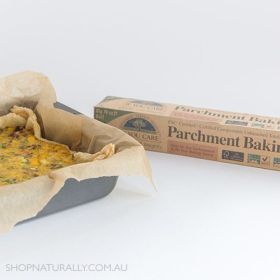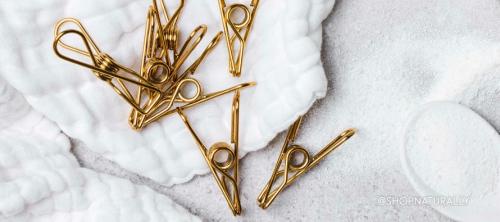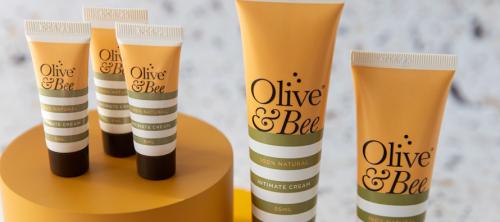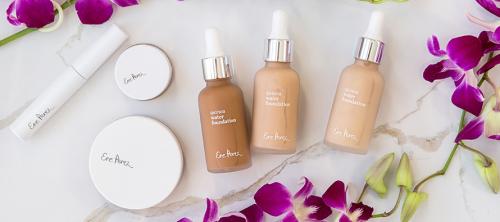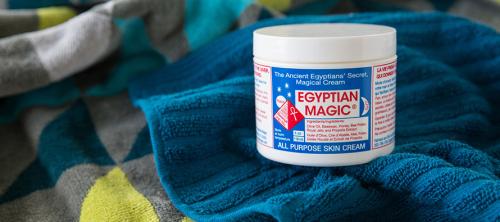Baking Cups & Paper - reusable vs disposable
Baking cups and baking paper are a staple in many pantries. In the world of reusables, these are still disposable, single use products. Below, we give you the run down on the different types of single use options, why we stock some safer versions here, and what your choices are for reusables.
Parchment Paper vs Wax Paper
According to Martha Stewart, wax paper is a cheaper option to parchment paper. The big issue with wax paper (and the same goes for beeswax wraps) is that it's not heat-resistant, so you can't bake with it. The wax will melt and possibly ignite in the oven, but more importantly, it will ruin your food. We have a blog dedicated to the difference between parchment paper and wax paper to explain why.
Unbleached Parchment Paper
You can buy baking paper and baking cups in any supermarket, so what's the difference between those and the options we have in store here? If they're white, they were bleached in the manufacturing process and may still contain chlorine. In Australia at least, the supermarket versions should only have silicone in them for the non-stick properties, but be aware that some brands have used quilon coating in the past (which is toxic when burned), so if you find a really old box in the back of a cupboard, you might want to consider not using it.
We only sell unbleached parchment paper and baking cups from If You Care so there's no chance of having any remnants of bleach or chlorine in your baked goods. Our unbleached parchment paper only uses silicone for the non-stick properties.
Reusable Silicone
For those who would prefer to buy reusables and have them to use over and over again for years to come, we have food safe, oven safe alternatives to both the parchment paper flat sheets and the baking cups. Is silicone bakeware safe? It's important to first understand that some silicone bakeware is 100% silicone and others are a combination of silicone and other plastics. Please note, we are only referring to products that are 100% silicone. If your silicone bakeware is stiff, it is most likely a blend. 100% silicone is bendy and flexible. Please check with the manufacturer if you are unsure.
Is 100% silicone oven safe? In the latest edition of Healthy Home Healthy Family, Nicole cites 3 studies who tested the effects of baby teats, bakeware and paper with silicone in it. Results show there is no migration of siloxanes except when used with fatty foods. Our recommendation is always to avoid the use of silicone in the oven with fatty foods like meat or dairy high in fat (for example).
